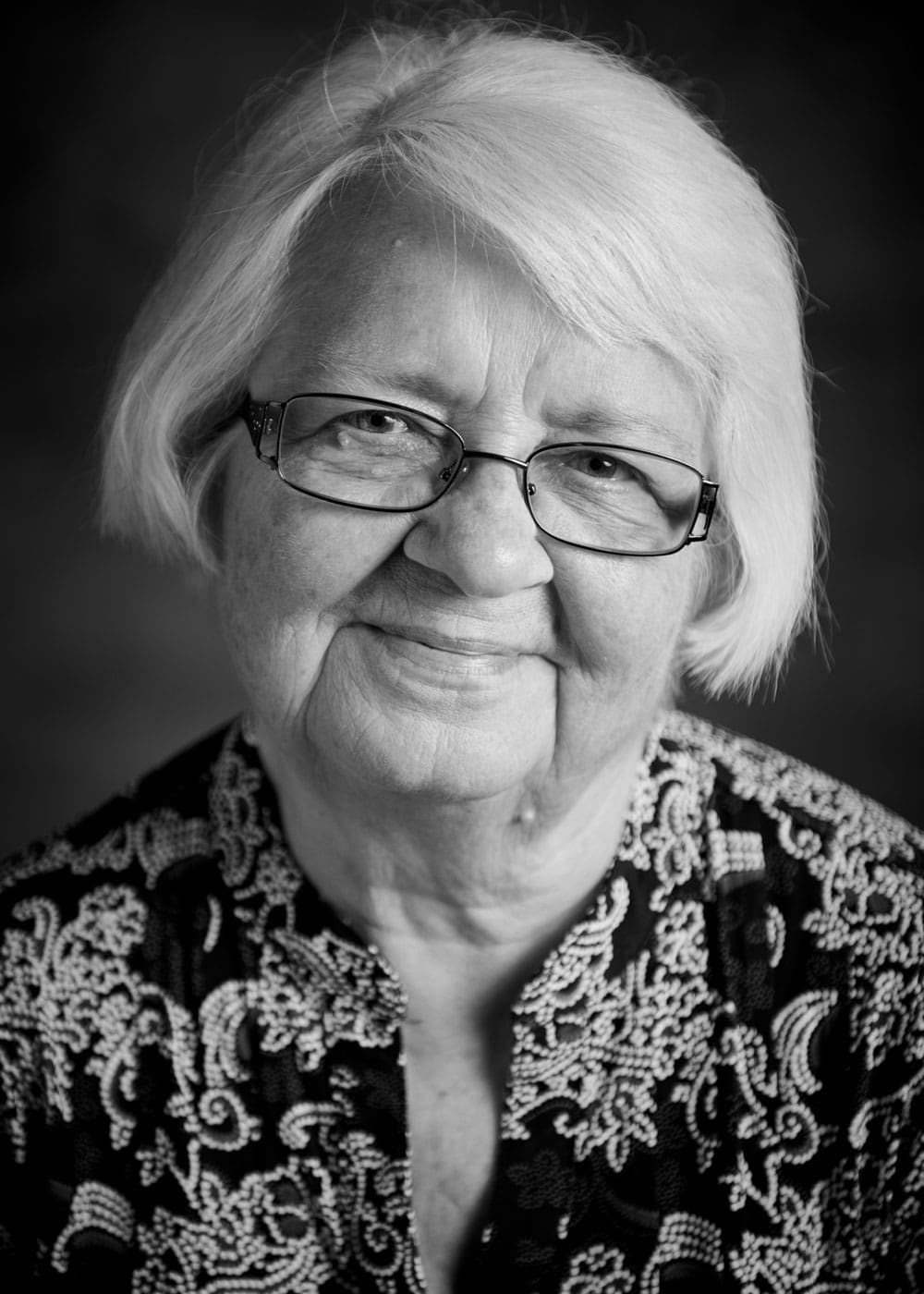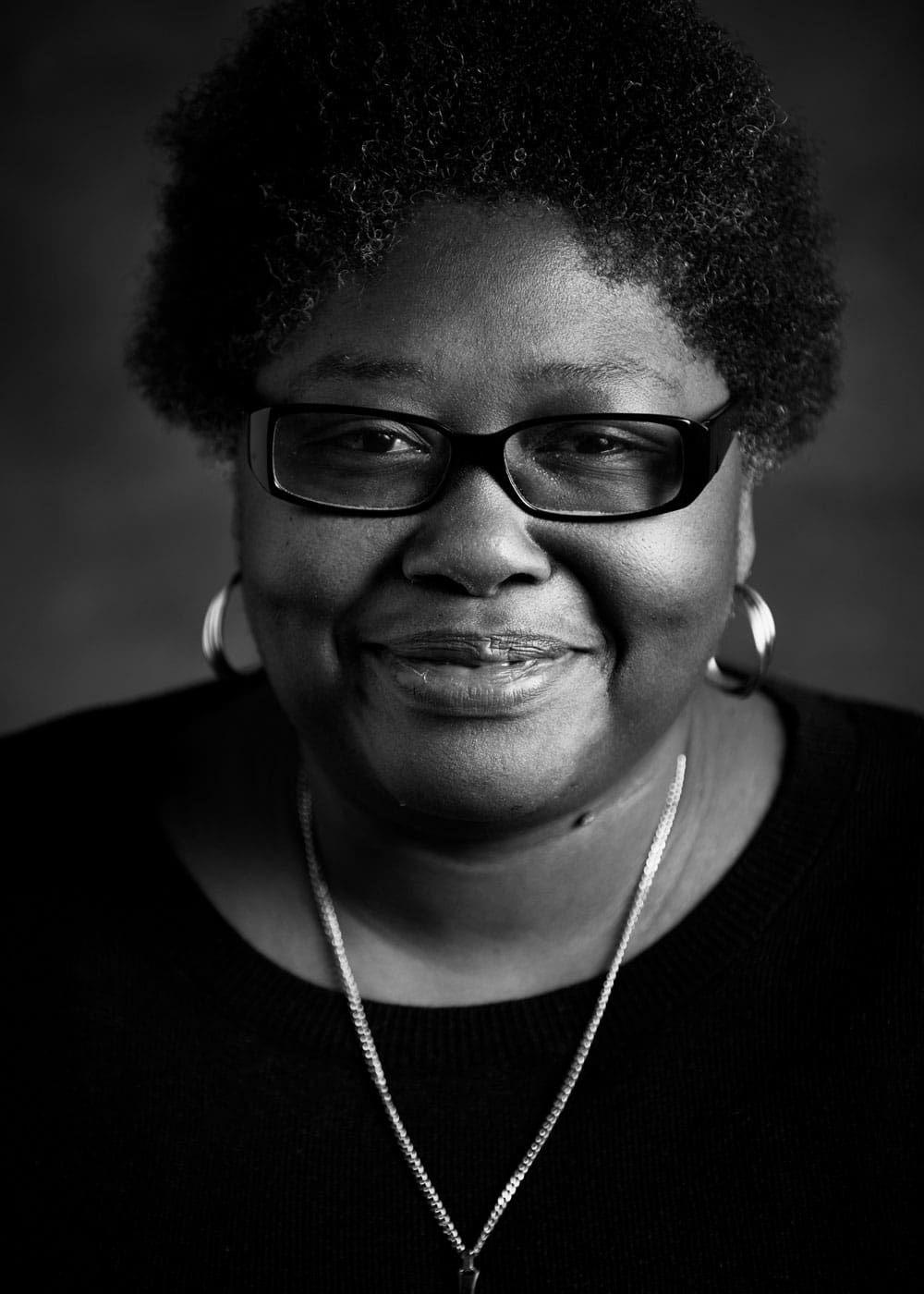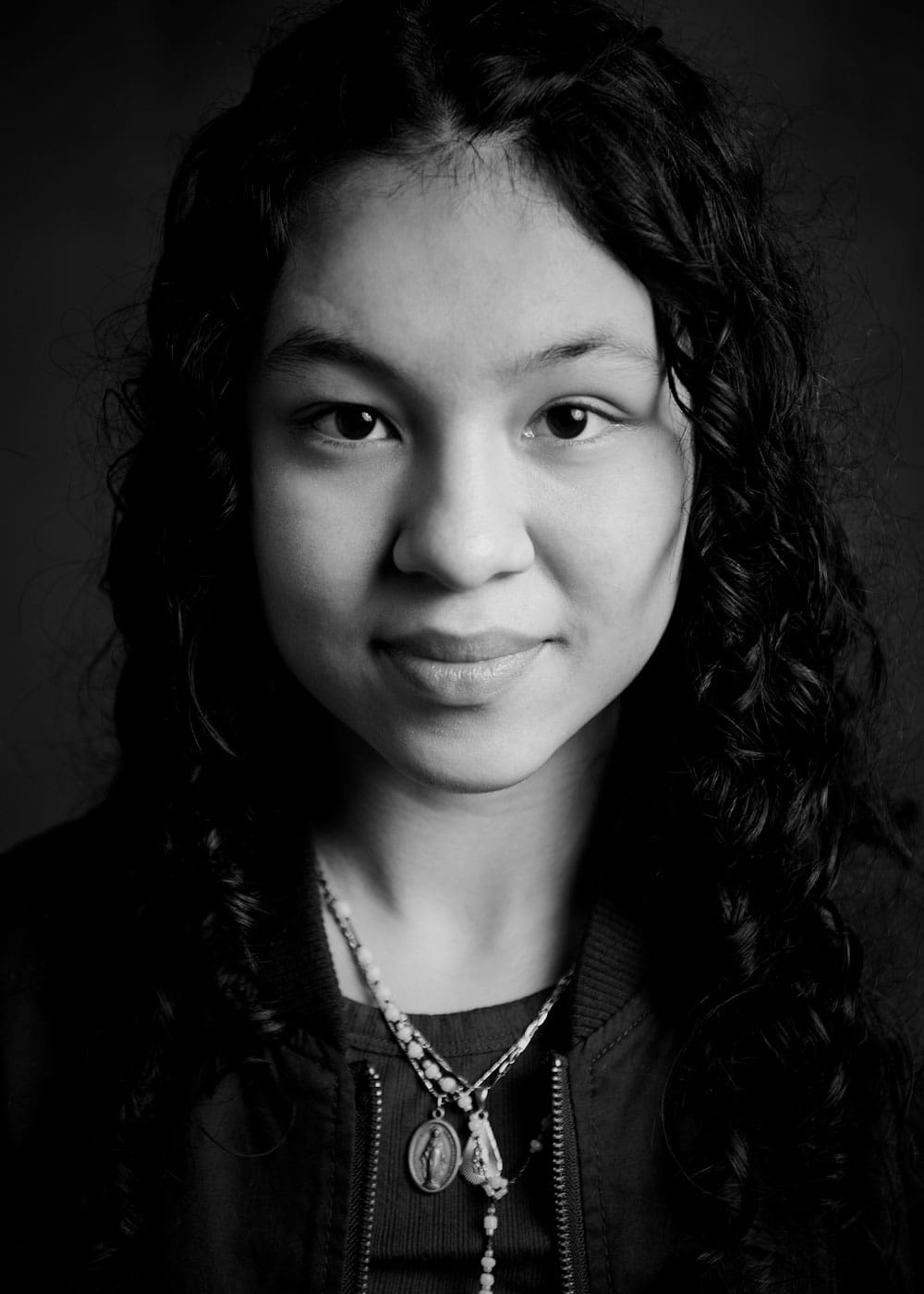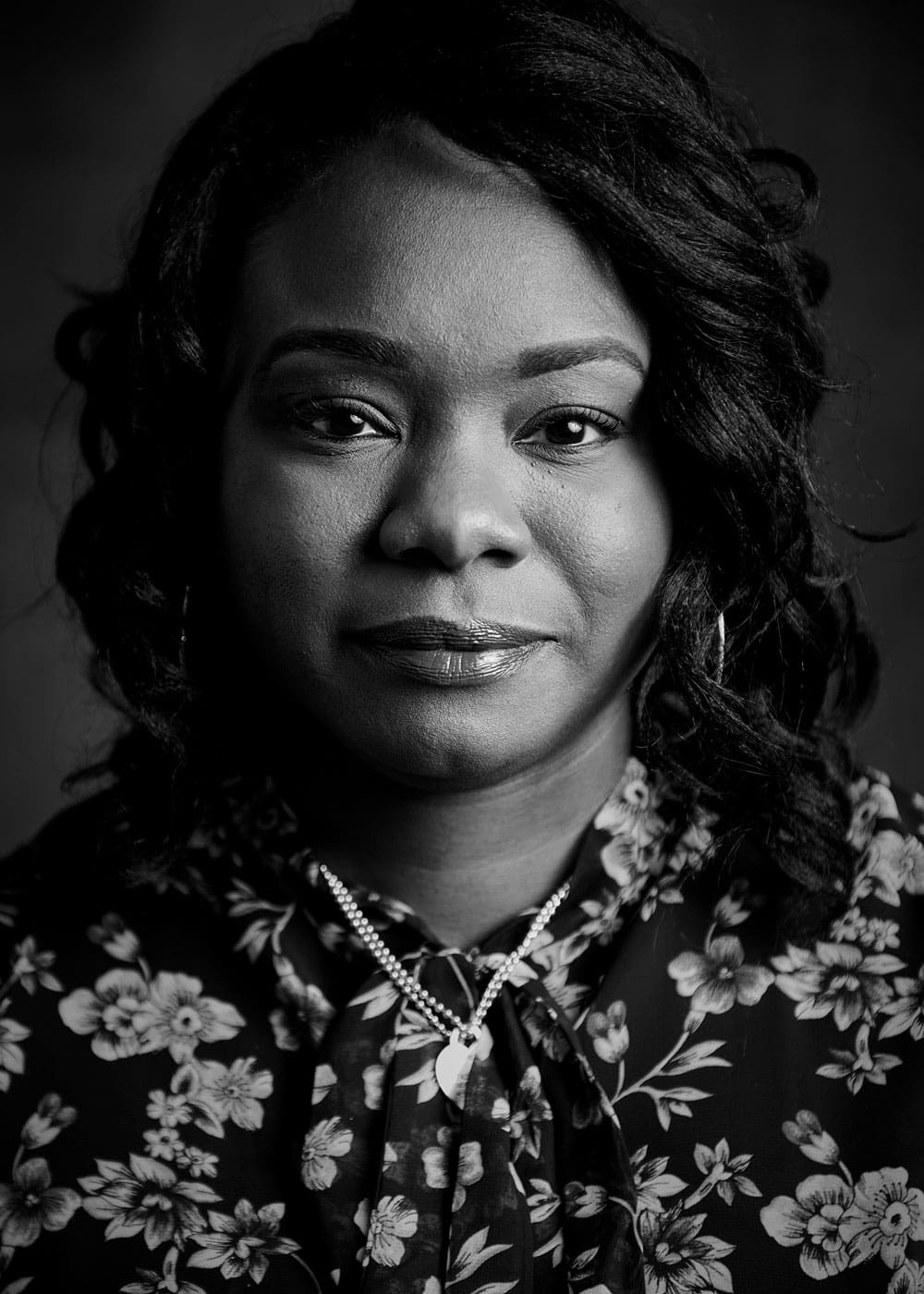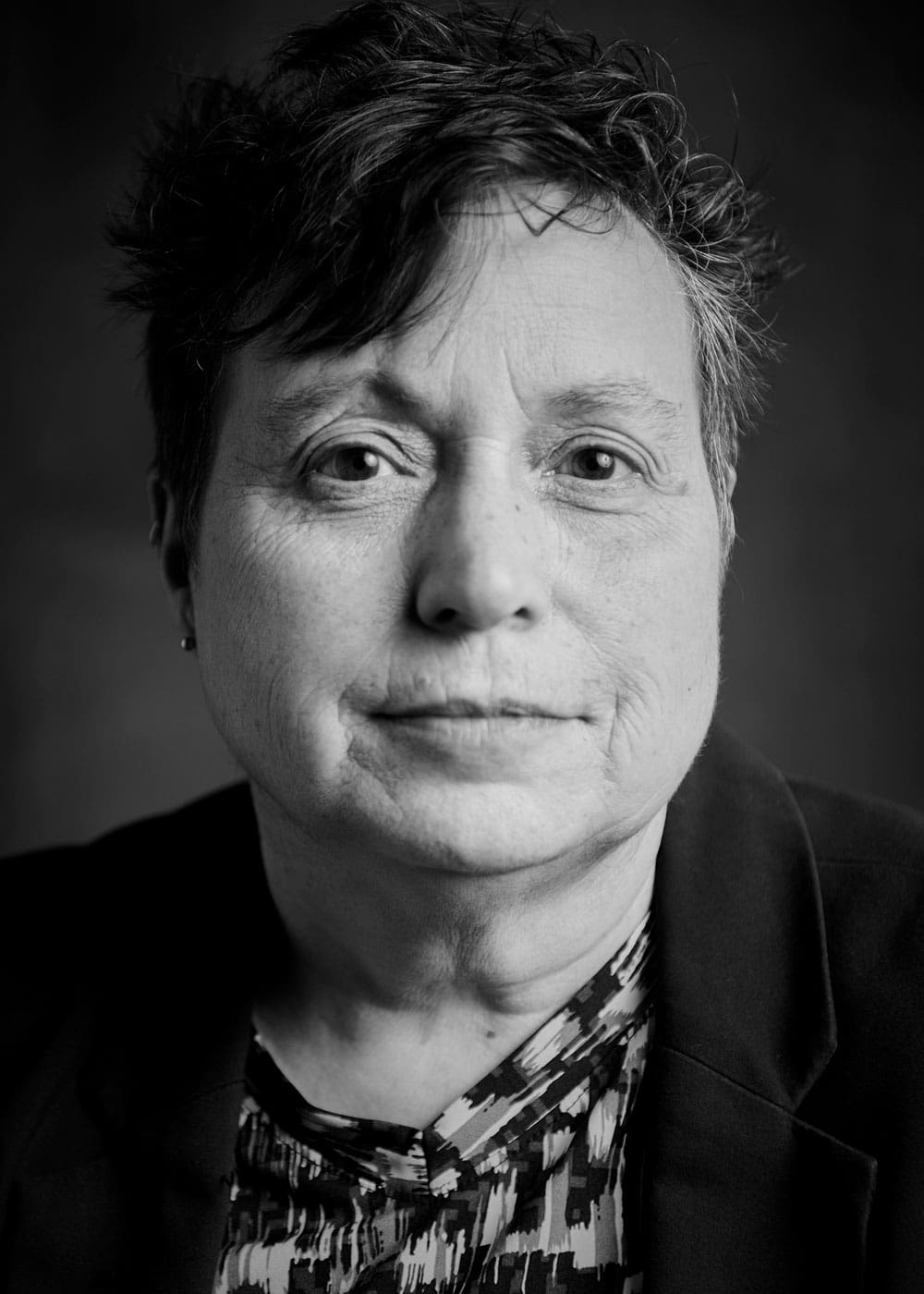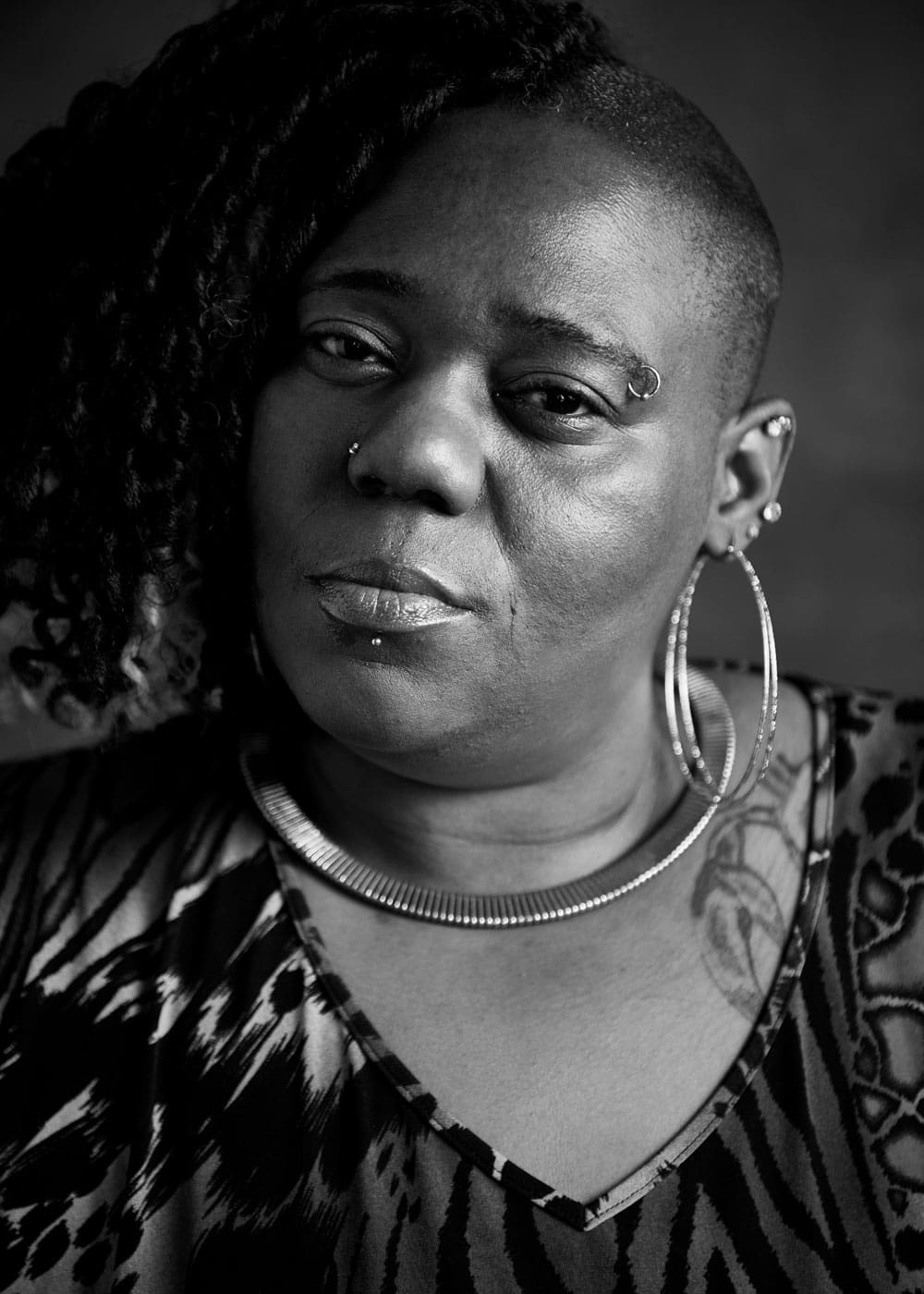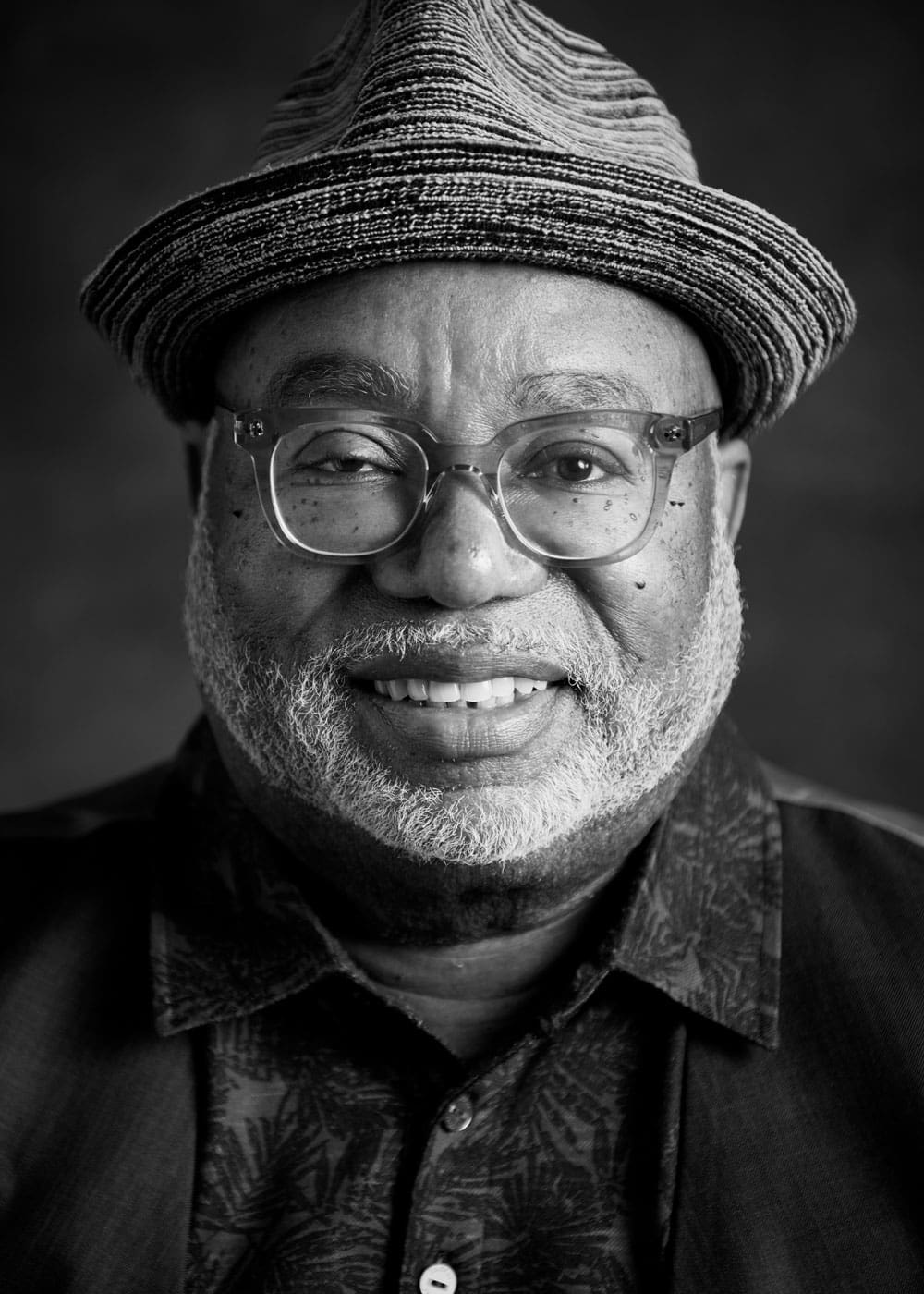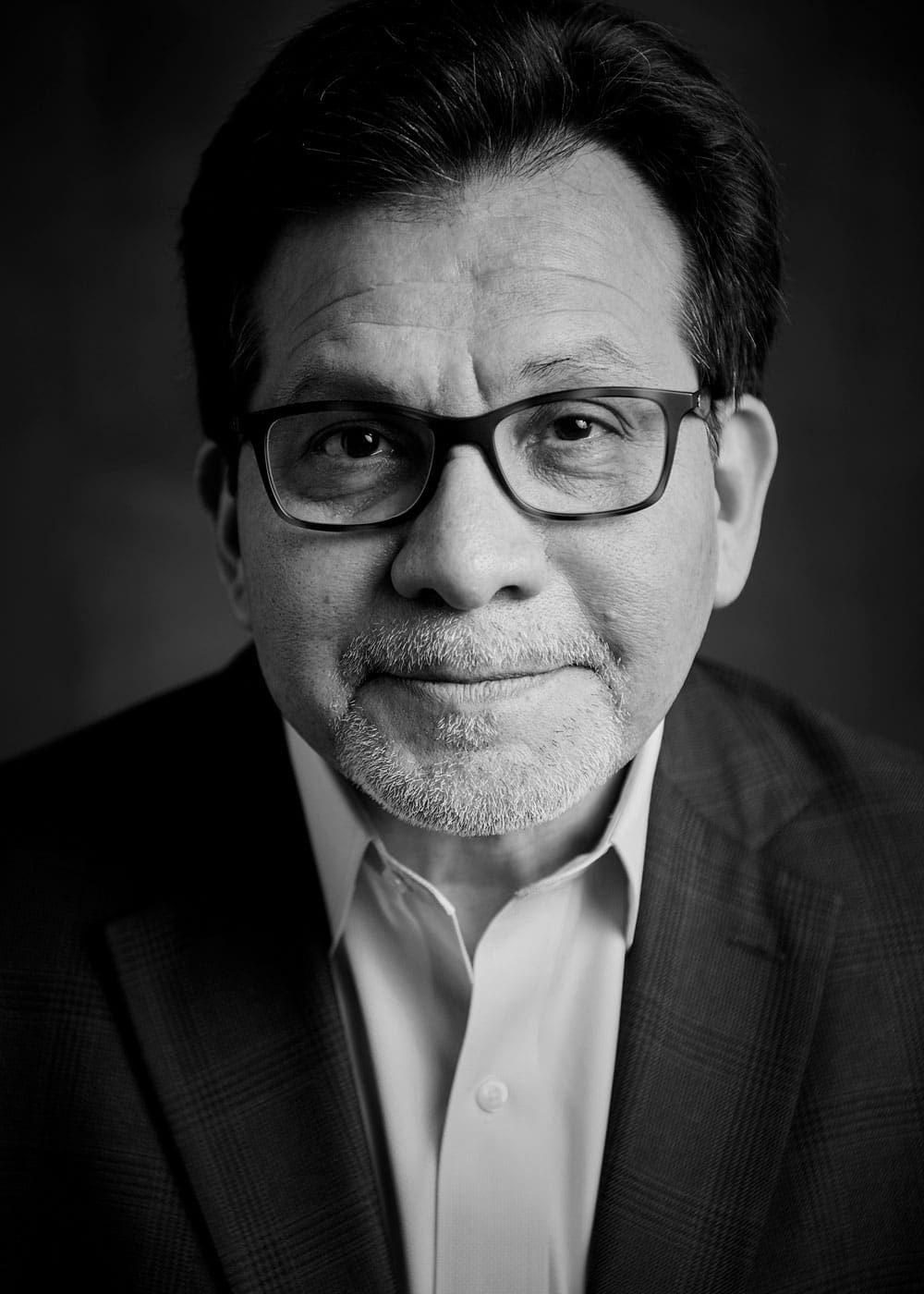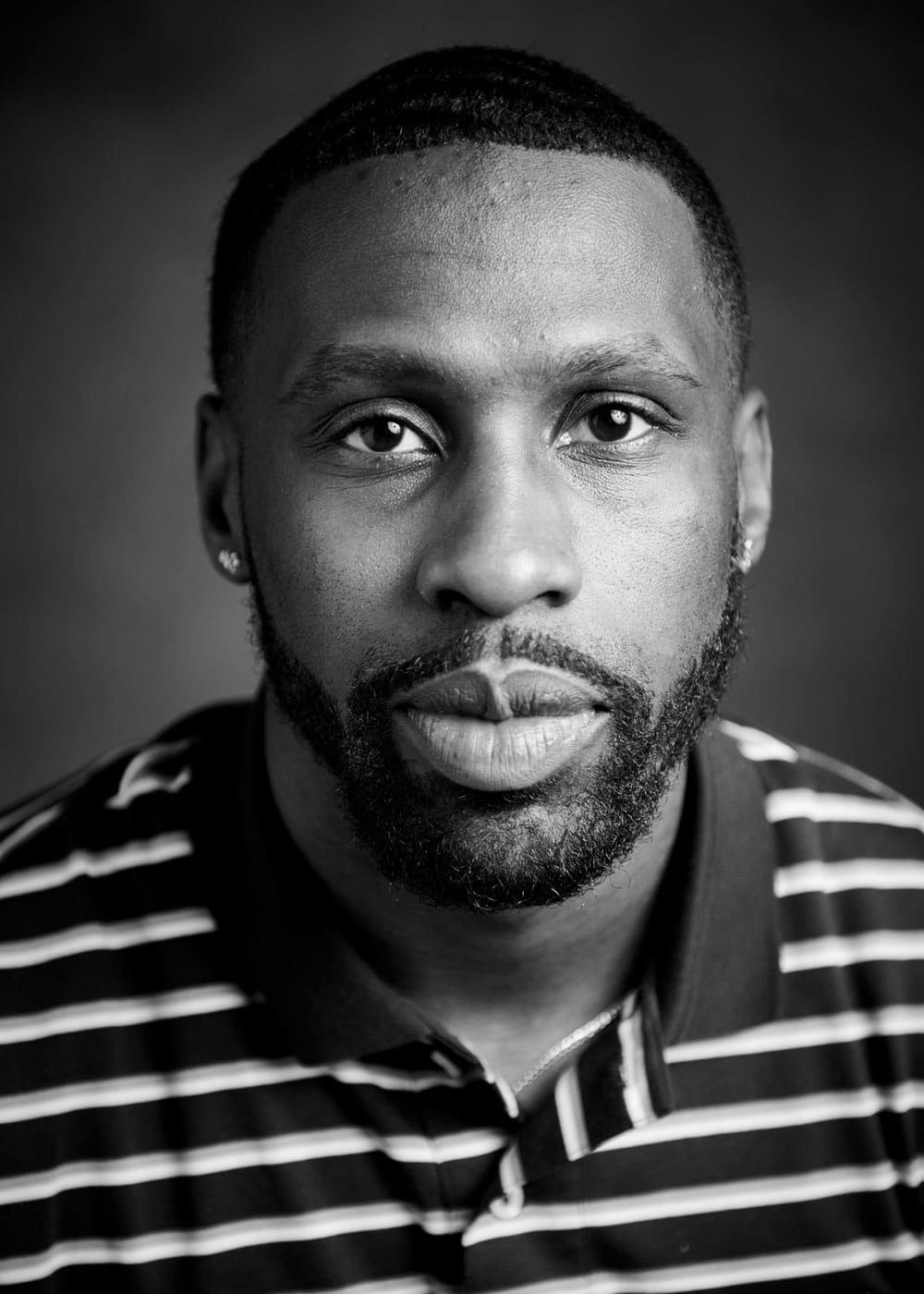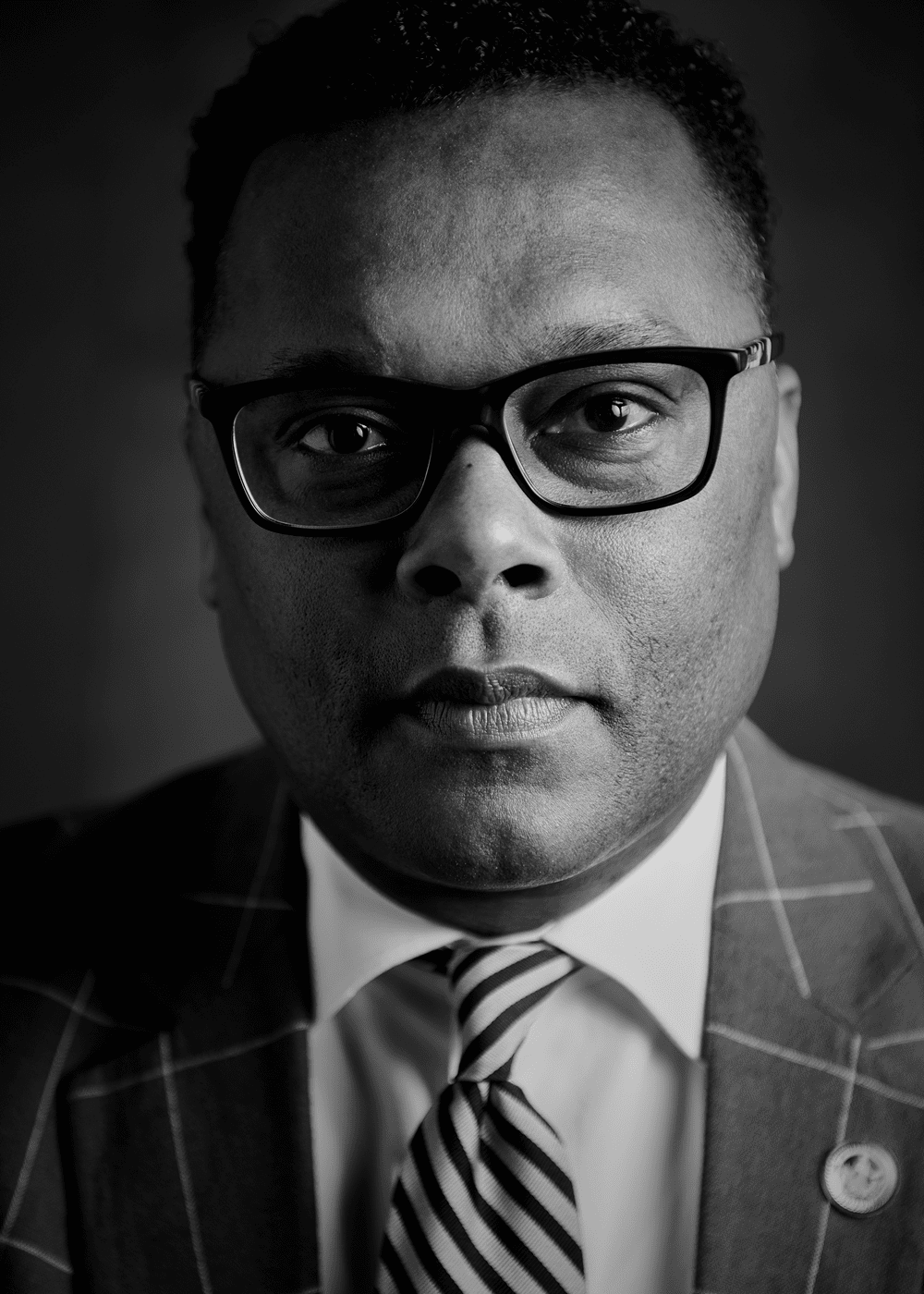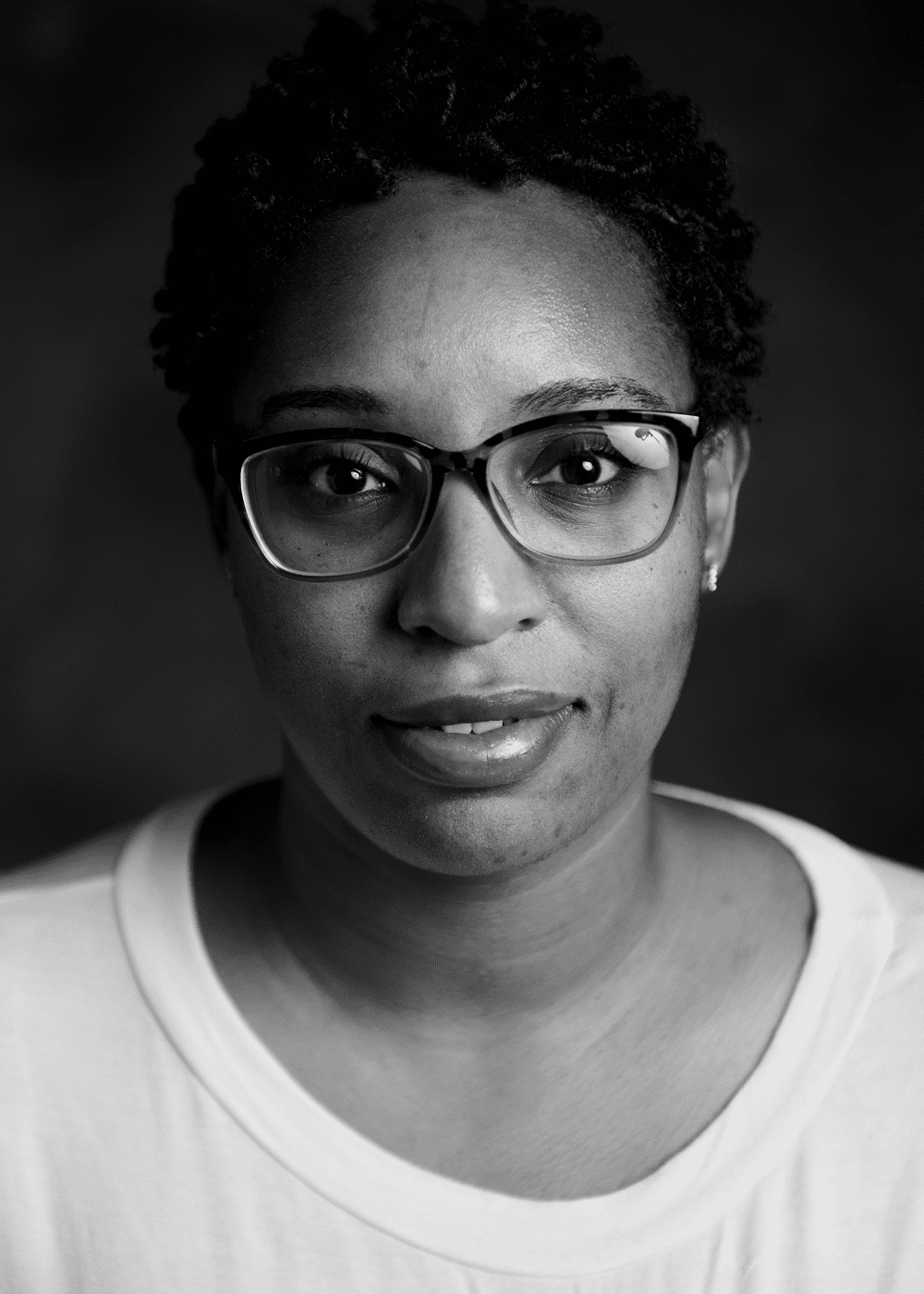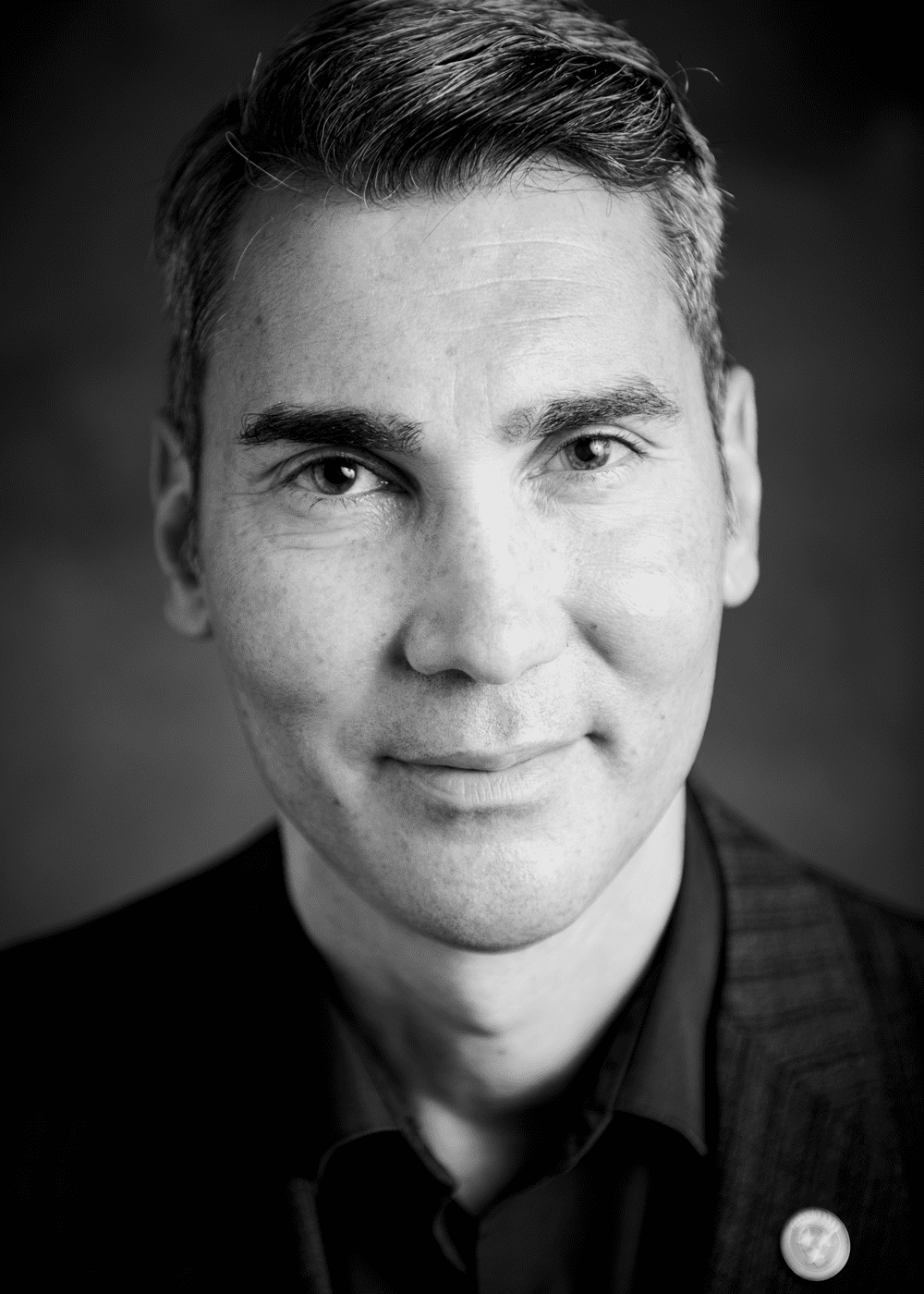Volunteers were needed advocate for and support children who come to the court’s attention because of abuse or neglect. She knew it was her calling but wasn’t willing to commit unless she could give 110 percent her of time. When she heard the same ad a year later, she went straight to her boss to ask for his support.
“He immediately told me to go for it.”
She teamed up with a CASA supervisor to receive all the training she needed.
“In the beginning, I was a little nervous but here I am six years later and to see the impact that just me—just a volunteer—has. I don’t possess any type of legal experience; I don’t have a JD degree. What I have is basically a heart of compassion and the willingness to change a story for a child.”
One story in particular will always stick out to her.
The very first case I received was a teenager who did not really know what she wanted to do with her life, and no one ever guided her or believed in her and told her could do anything,” La Rhonda says. “So I decided to take her to different college campuses locally to give her that experience and that exposure. After those tours, she came to me and says, ‘You know what … I can see myself being in college and doing better for myself.’ So that’s exactly what she ended up doing—going to Volunteer State, transferring to MTSU and now she has her college degree.”
La Rhonda says the biggest issues children at CASA face are rooted in socio-economics.
“We may assume that a parent has the resources or has the foundation to be an affective parent. But if they don’t have that, it impacts how they raise their children or how they respond to a situation. It’s not only important for CASA to not only advocate for the children and to reunify them with the family but it’s also important that we help that parent receive the resources they need.


